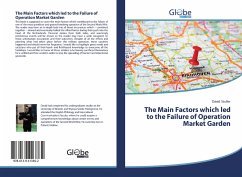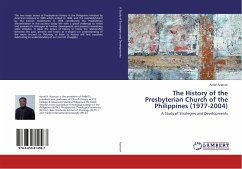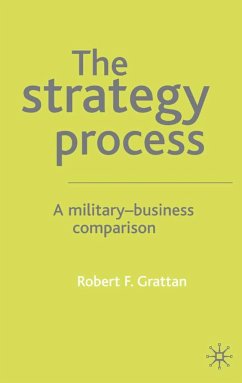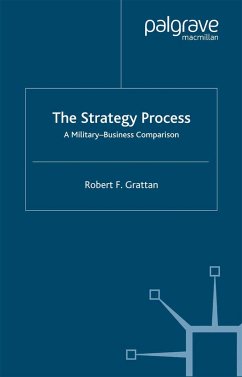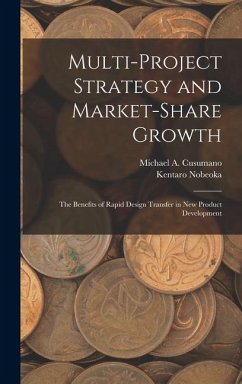
British Business Strategy 1945 to c.1960: How the market was made
From Cartels to Competition Policy: Oligopolistic Business in Britain after the Second World War
Versandkostenfrei!
Versandfertig in 6-10 Tagen
52,99 €
inkl. MwSt.

PAYBACK Punkte
26 °P sammeln!
The theory of the firm and transaction cost analysis provide the starting point of this institutional study of business co-operation in the aftermath of World War Two. It is suggested that the market is an institution which is subject to the visible hand of business. The aim of business in this process is to control information flows and reduce uncertainty. Utilising business history case studies, of the oil industry., the electrical engineering industry and the grocery retailing trade the book shows how firms aim to create market governance procedures in order to alter the structure of the ma...
The theory of the firm and transaction cost analysis provide the starting point of this institutional study of business co-operation in the aftermath of World War Two. It is suggested that the market is an institution which is subject to the visible hand of business. The aim of business in this process is to control information flows and reduce uncertainty. Utilising business history case studies, of the oil industry., the electrical engineering industry and the grocery retailing trade the book shows how firms aim to create market governance procedures in order to alter the structure of the market. The study finds that inter-firm co-operation is central to understanding the development of markets and that co- operation is a dynamic process, which responds to changes in market conditions and government competition policy. The study concludes that firms are not primarily transaction cost minimisers but are maximisers of market power. This book will be useful to researchers and students interested in business management and strategy or industrial economics




